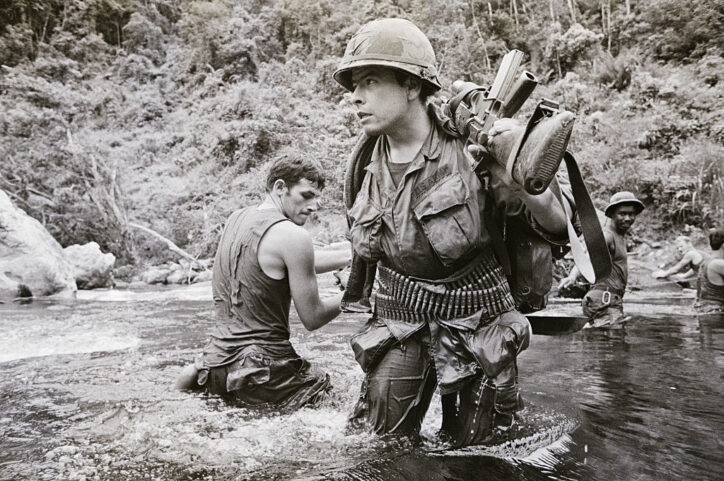Podcast: Play in new window | Download

In this episode of The Podcast Reporter, we discuss a theme that is being mentioned more and more in the podosphere and its news in the various news-casts and newsletters — and that is the possibility of censorship coming from the lame-stream media and the democrats of the USA, as they want to control a narrative, even in podcasting.
Up to the second quarter months of 2021 (i.e., the time of this writing), podcasting was still an open forum, where most of the media hosts still did not have total control of the content, but instead, let the podcasters deliver their messages in the manner that they wanted. Oh, sure, there were censorship situations (like Alex Jones and some episodes of the Joe Rogan Show) where the podcasters and the content were censored by the employees who worked in the firms that hosted the podcasts. And that means that those employed by the media firms are so into woke that they are making their own determination of what should be posted and what should be censored, without the permission of the business owners or the logic in doing what they do only because of their own selfish minority leanings and political ideologies.
Well, what this means is that perhaps bit by bit and one by one, the employees of media hosts may sneak their political bias and ideologies into their work (without being stopped by their employers) into the hosting services of the business and thus, influence the messages that are being out there.
What does this mean for the podcaster?
It means that he has to seek media hosts or partners to publish their content and distribute the messages outside of the political ideologies of those whom they hire. That means taking more of a hands-on approach to oversee the processes and tasks of their possible woke employees.
In this way, podcasters can still be assured that their messages will not censored or their content will not be restricted by the left-wing radicals that dominate lame-stream media today — especially by the democrats.
And there do exist certain media hosts — some very well known for their lack of content censorship and others very privately owned by those who advocate free speech (as espoused by the likes of Adam Curry and others like him) who will provide the posting and publishing of content that is free speech (but not radically too wild, such as providing a panel for hate speech, etc., which can violate the terms of service).
It seems that it is up to the podcaster to hunt out the media hosts that will provide a clear distribution of the content on the web in the podosphere without forcing their political ideologies and bias for the podcaster and others who wish to consume their content.
So, what can you, as a podcaster, do to prevent the 2020-type of censorship of content from engulfing your own content?
And the answer is to look deeply into the owners of the business who are the media hosts and see if they do swing to the far left of the political spectrum and are avid censors of the truth to de-platform others and keep the messages away from the distribution platform.
If you can find this sort of information from listening to other podcasts who oppose such censorship (like No Agenda or That Larry Show or Grumpy Old Bens or Randumb Thoughts, just to name a few), then you should pay attention and put a plan into place to confirm that your content will not be subjected to the same woke environment of the censors, and that you can still enjoy the sense of free speech without the Nazi-type intervention from the democrats or the radical left who censor anything they don’t approve of.
And we hope that your plan will provide your podcast the freedom to speak freely and to be published in the podosphere without restriction due to political bias or ideologies.
Thank you for your attention.
Copyright (c) 2021, Matrix Solutions Corporation and michaelandmike.com . All rights reserved.






